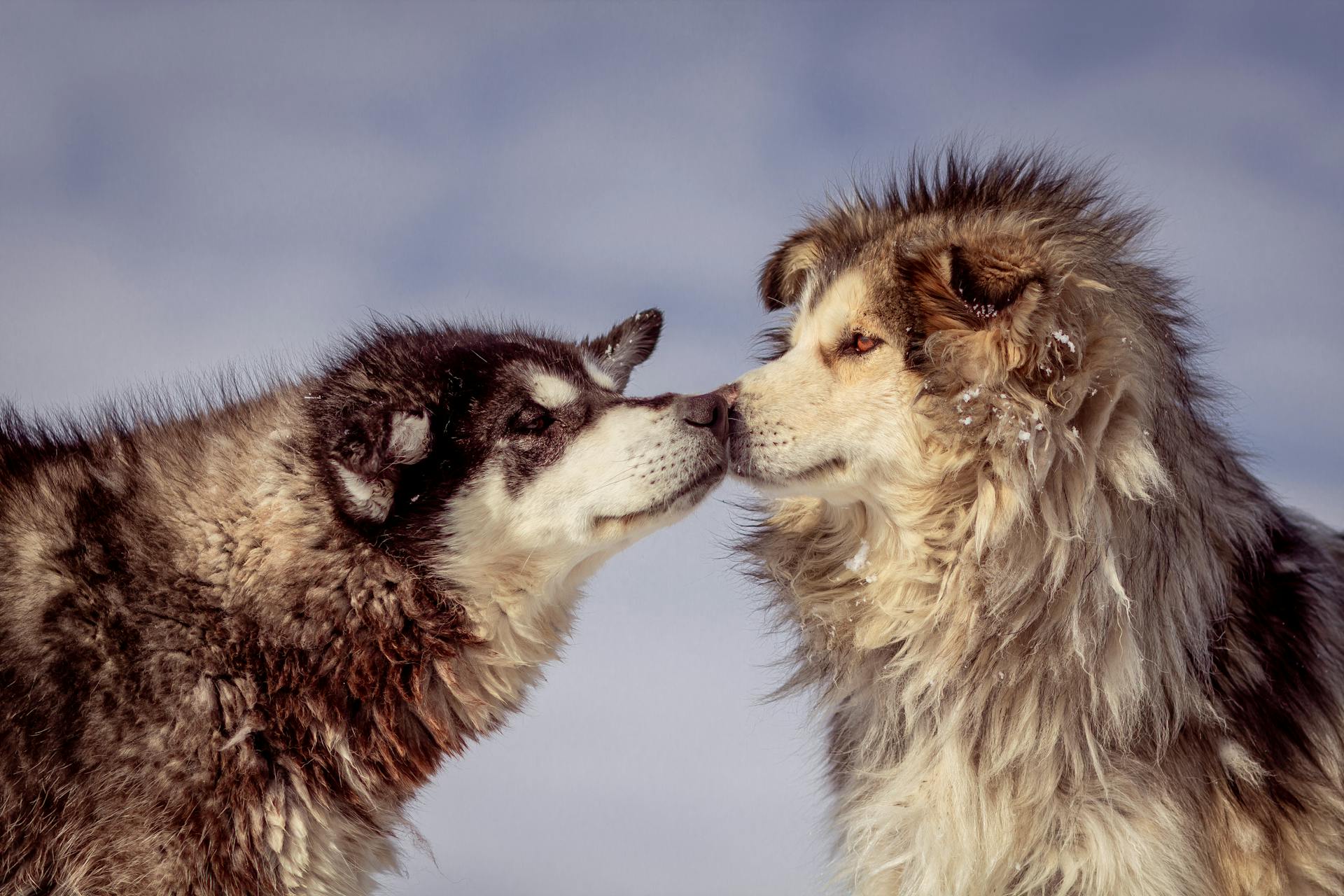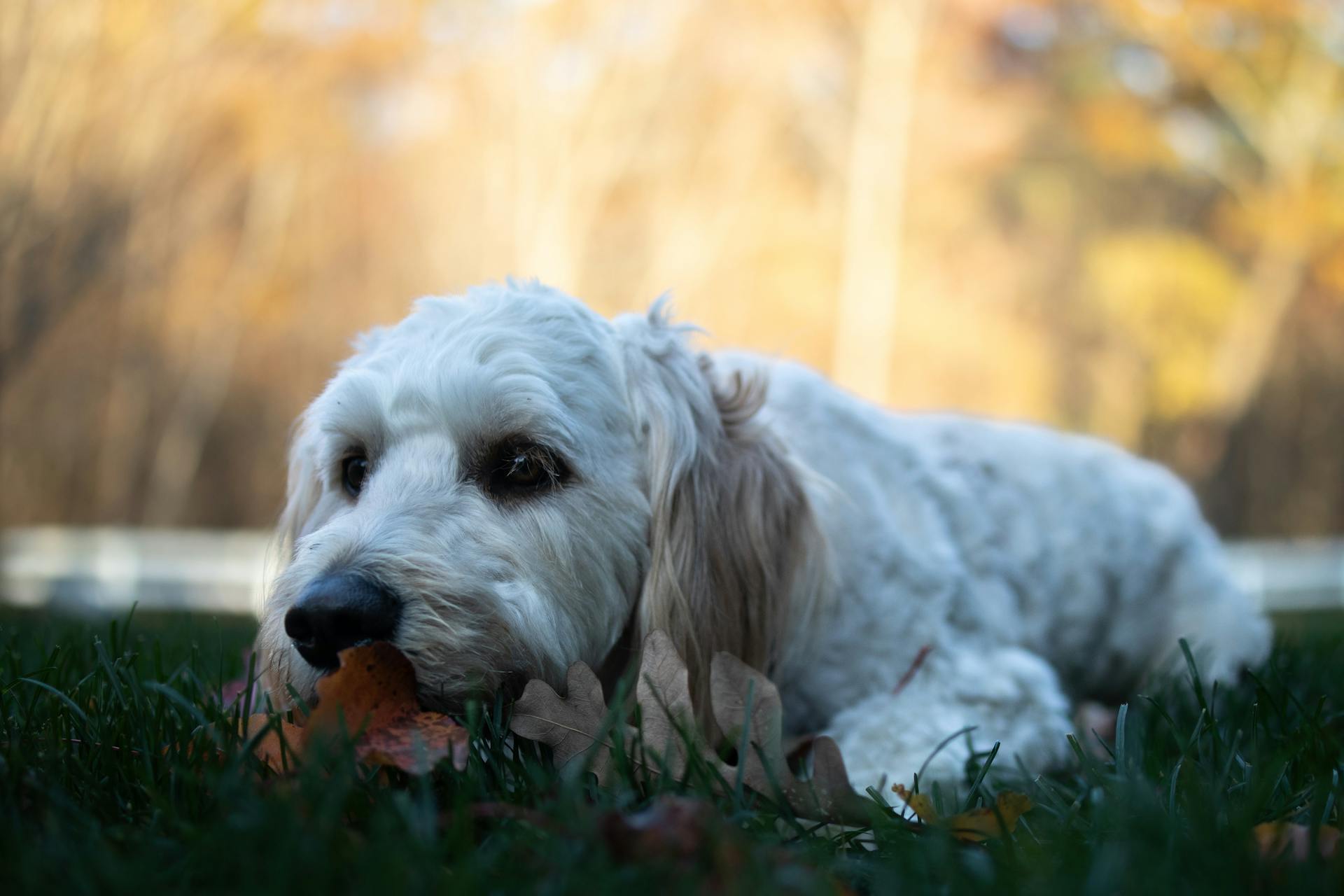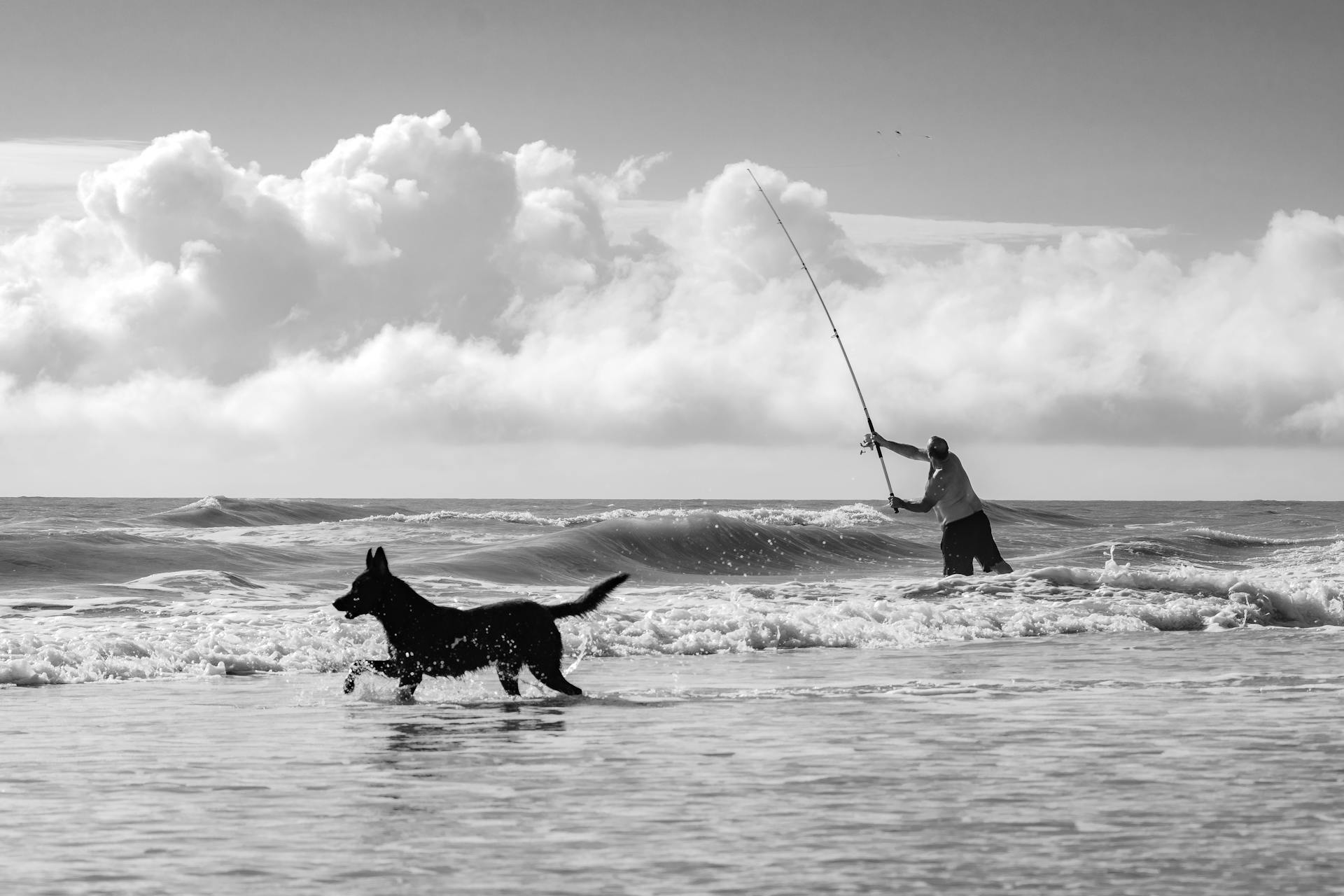
Dogs can easily overheat in hot weather, and giving them ice water might seem like a refreshing solution. However, it's not always the best idea.
Dogs can't regulate their body temperature as well as humans do, and drinking cold water too quickly can cause stomach cramps and vomiting.
Risks of Giving Ice Water to Dogs
Giving your dog ice water may seem like a harmless way to cool them down, but it's not entirely risk-free. Dogs can choke on large ice cubes, especially if they're not used to eating them.
Crushing the ice cubes into smaller pieces can help minimize this risk, but it's still important to supervise your dog when they're eating ice or drinking ice water. If your dog has never had ice or ice water before, introduce it slowly and let them lick some ice to see how they react before giving them more.
Some dogs may be more prone to bloating than others, especially large, deep-chested breeds. If your dog is one of these breeds, it's best to avoid giving them ice cubes, as it can encourage them to drink water too fast and gulp in too much air.
If this caught your attention, see: Dogs Eating Icecream
Here are some potential hazards to consider when giving your dog ice cubes:
- Choking on large ice cubes
- Dental damage from chewing on hard ice cubes
- Bloating from drinking water too fast
- Broken teeth from trying to chew on ice cubes that are too hard
If you're unsure about whether to give your dog ice cubes, consult with your veterinarian for advice tailored to your pet's specific needs and conditions.
How to Safely Give My Dog Ice Water
If you want to give your dog ice water, there are some important things to keep in mind to ensure their safety.
Crush the ice cubes to minimize the risk of choking and dental damage. Ice chips and shaved ice are also good options.
Introduce ice water slowly, especially if your dog has never had it before. Let them lick some ice and see how they react before giving them more.
Moderation is key when giving your dog ice water. While it's a great way to help them cool down, too much can lead to an upset stomach or dental damage.
Always supervise your dog when they're eating ice water, especially the first few times. Look out for any signs of discomfort, difficulty swallowing, or other unusual behavior.
A different take: Water Additive for Dogs Dental
If you're unsure about giving your dog ice water or if you notice any adverse reactions, don't hesitate to consult your veterinarian. They can provide you with advice tailored to your pet's specific needs and conditions.
Here are some tips to keep in mind when giving your dog ice water:
Is Ice Water Bad for Dogs?
Giving your dog ice water is not always a bad thing, but it's not always recommended either. Puppies, especially those teething, should avoid ice altogether due to the risk of dental damage.
Puppies start teething around 2 weeks old and their teeth are still fragile, making them more prone to damage from ice. Giving them flexible teething toys instead is a safer option.
Even if your puppy isn't teething, their teeth are still more delicate than adult dogs', so it's best to avoid giving them ice. Cold water, sans ice, is perfectly fine for them.
A different take: Dogs Not Drinking Water
If your dog is overheating, however, giving them ice cubes in their water bowl or as a frozen treat can help cool them down. This is especially helpful during hot summer months or after intense exercise.
Heatstroke in dogs is a serious condition that requires urgent veterinary attention, but giving ice cubes can help in the meantime. Just be sure to supervise your dog to prevent choking.
On the other hand, eating ice or drinking iced water is not a risk factor for bloat, a life-threatening condition that can occur in dogs.
Suggestion: Ice Cubes Dogs Water
Giving Ice Water to Puppies
Giving ice water to puppies is not recommended, especially if they're teething. Their teeth are still developing and are more fragile, so giving them ice cubes could lead to dental damage.
Puppies start developing their first set of teeth around 2 weeks old and then begin teething, where they lose their baby teeth to make way for adult ones. This process can be painful and uncomfortable for them.
If your puppy is teething, consider giving them flexible teething toys, like Petstages Cool Teething Stick or Nylabone Puppy Teething Pacifier, instead of ice cubes. You can even put the chew toys in the freezer for 10 to 15 minutes to make them cool.
Even if your puppy isn't teething, their teeth are more delicate than adult dogs', so the risk of damage when consuming ice is higher. To play it safe, it's best to avoid giving puppies ice.
Here are some alternative ways to help keep your puppy cool on a hot day:
- Bring your puppy into an air-conditioned room
- Take your puppy to swim in a lake or pool or have it play in a small kids pool
- Make drinking water at or slightly lower than room temperature available as much as possible throughout the day
- Use fans to help increase the evaporation from panting, which naturally cools down the dog
- When you take your puppy outside to walk or play, take frequent breaks and get into the shade
Advantages and Disadvantages of Giving Ice Water
Giving ice cubes to your dog can be a great way to cool them down, especially on a hot day. A typical sign of overheating in dogs is excessive panting.
Ice cubes can be a lifesaver in case of heatstroke, but it's essential to seek veterinary attention without delay if you suspect your dog is experiencing heatstroke. Signs of heatstroke include panting, drooling, excessive thirst, a rapid heart rate, and a high body temperature.
Giving ice cubes to your dog can also be a healthy alternative to high-calorie treats. One or two ice cubes a day can be a great way to satisfy your dog's treat cravings without adding extra calories.
Bloat, also known as GDV, is a life-threatening condition, but eating ice or drinking iced water is not a risk factor. However, it's essential to supervise your dog when giving them ice cubes to reduce the risk of choking.
If your dog is recovering from surgery or experiencing gastrointestinal problems like vomiting, giving them crushed ice can be a good way to test their ability to handle water and food again.
Frequently Asked Questions
Is it OK for dogs to go in cold water?
Dogs can tolerate a quick dip in cold water, but prolonged exposure can lead to hypothermia. Learn more about safe swimming practices for your furry friend
Why does my dog throw up when I drink cold water?
Dogs may vomit after drinking cold water due to their stomach filling up too quickly. This is especially true if they gulp down a lot of water after a long walk
Is it OK for dogs to lick ice?
Give ice to your dog in moderation and always supervise them to avoid stomach upset or dental damage
Can my dog drink water from the fridge?
Yes, your dog can safely drink water from the fridge, but it's recommended to use cold, filtered water to promote healthy hydration.
Sources
- https://be.chewy.com/can-dogs-eat-ice/
- https://www.dailypaws.com/dogs-puppies/dog-nutrition/what-can-dogs-eat/can-dogs-eat-ice
- https://www.purina.co.uk/articles/dogs/feeding/what-dogs-eat/can-dogs-have-ice-cubes
- https://www.greenmatters.com/pets/are-ice-cubes-bad-for-dogs
- https://www.newsweek.com/ice-cubes-dog-bowl-summer-1810974
Featured Images: pexels.com


